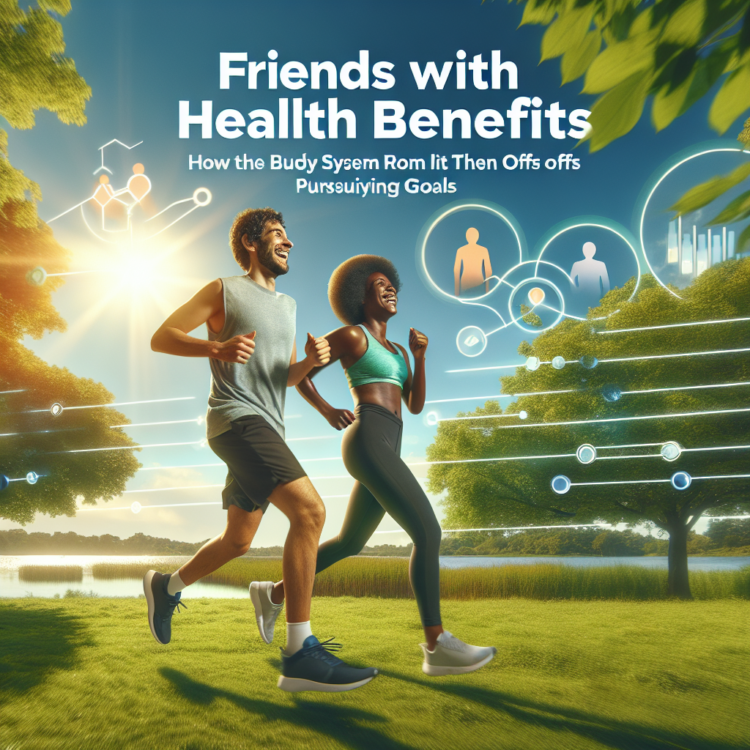Weekly targets, annual resolutions, five-year plans—all of them so troublingly elusive. With best intentions, most of us fail to stick with the goals we set.
Weekly targets, annual resolutions, five-year plans—all of them so troublingly elusive. With best intentions, most of us fail to stick with the goals we set.
Next time, consider pursuing them with a friend.
New field research by Assistant Professor Rachel Gershon, published in Management Science, suggests that pursuing our goals with friends may make them more attainable. Gershon, along with Cynthia Cryder of Washington University and Katy Milkman of the University of Pennsylvania, specifically looked at gym attendance and found that going with a friend—even with the hurdles of coordinating two schedules—increased visits by 35%.
“Despite adding the friction of working with another person, we saw people becoming more motivated and more likely to go,” Gershon says. “This illuminates how social incentives, which aren’t always taken into consideration, can help people overcome other barriers that stand in their way.”
The experiment recruited two groups of participants for a “Gym Bonus Month,” which lasted four weeks, from February 1 to February 28. Both groups paired up with a friend and were offered a $1 Amazon gift card for each visit to the gym. One group received this bonus every time they went to the gym, regardless of their friend’s activity; the other group only received the dollar if the two of them went together.
As noted, those who received payment only when they visited the gym with their friends doubled how often they went together, and increased their overall gym visits by 35%. Gershon and her colleagues concluded that the logistical costs of coordinating with someone else were eclipsed by two benefits. First, people enjoyed their visits more when the event was social, which made future visits more likely. Second, they felt a greater sense of accountability when meeting their friend at the gym.
“Our study identifies two types of accountability,” Gershon says. “People feel responsible to their friends, as they wanted them to get the reward, but they may also have reputational concerns that their friends would think less of them if they didn’t follow through.”
Social Benefits
Although this might seem intuitive, when Gershon and her colleagues surveyed people about which of the two conditions they would prefer to be part of, the majority—more than 80%—said they would rather not have to coordinate their visits with a friend. While unsurprising in some ways, Gershon says, this suggests that people might readily see the drawbacks of coordinated visits but not recognize the potential benefits, from increasing motivation to creating stronger social bonds.
The researchers also found evidence that, when looking across both partners in a pair, this social attendance of the gym seemed to provide the greatest benefit for those who exercised less. Specifically, among the two friends, the one who exercised more frequently prior to the study saw a bump in how often he or she visited the gym. But the partner who exercised less frequently prior to the study saw an even larger bump in visits, suggesting these kinds of social incentives may be especially effective for distinct groups of people.
Beyond the context of this experiment, the findings illustrate how building a social dimension into desired behaviors can promote follow-through. Companies that want to increase employee engagement with skills training, for instance, might consider using a joint-incentive program. This could boost participation while simultaneously fortifying interpersonal bonds in the workplace.
The findings also present implications for another area that Gershon studies: referrals. Many places offer a free month of membership or some other incentive if you recruit a friend. “There are all sorts of contexts where people are trying to start a new hobby, a new exercise routine, and companies can encourage them through social networks,” she says. “This work shows that referrals may be a way for companies to not only engage additional customers, but to also increase the motivation of current customers.”
THE PAPER:
Friends with Health Benefits: A Field Experiment
Rachel Gershon, Cynthia Cryder, and Katherine L. Milkman
Management Science, April 2024
Journal
Management Science
Method of Research
Experimental study
Subject of Research
People
Article Title
Friends with Health Benefits: A Field Experiment
Article Publication Date
17-Apr-2024




